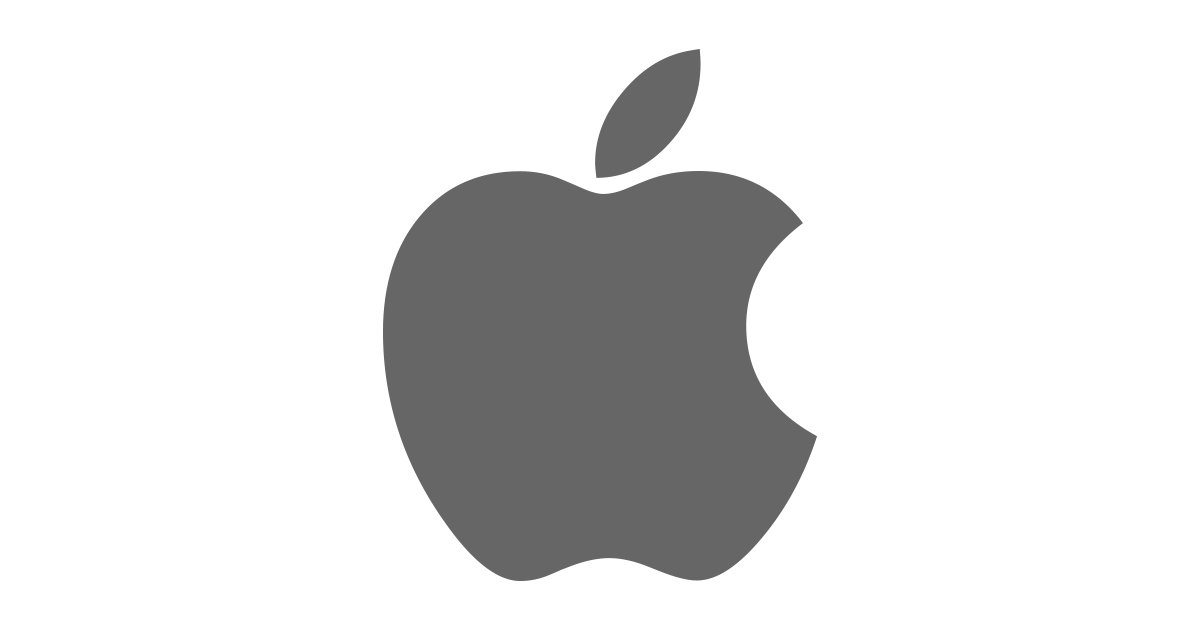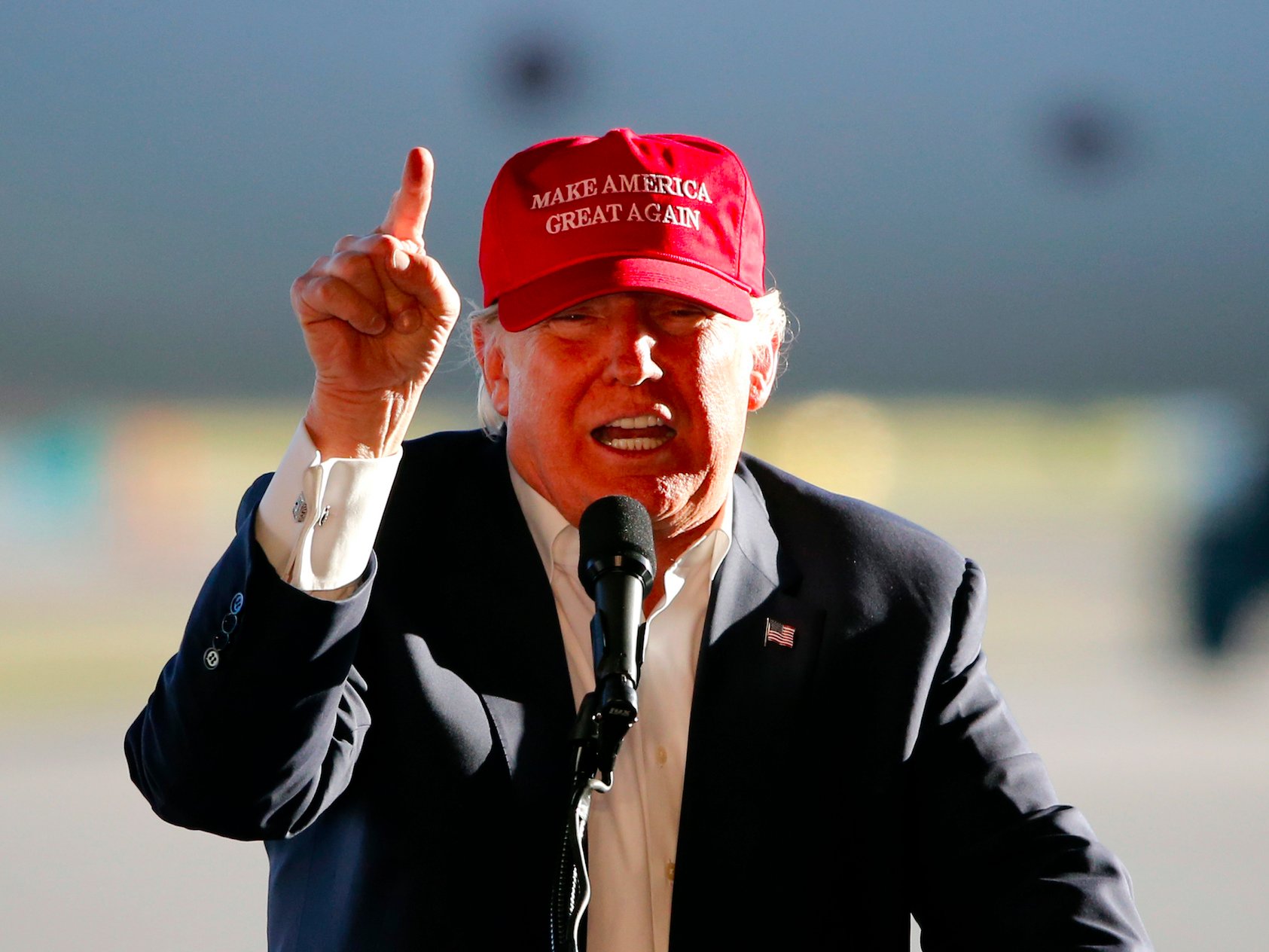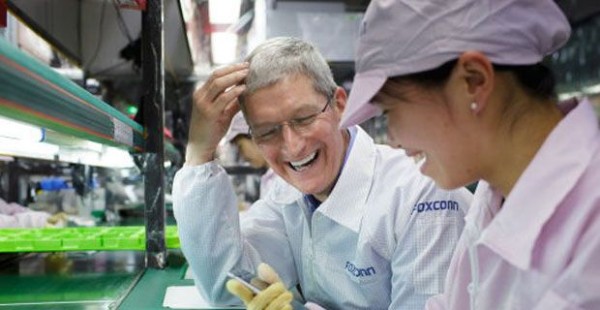 4423
4423
 2016-11-11
2016-11-11
Donald Trump shocked the world when he edged out Hillary Clinton to become President-elect of the United States. Trump’s win,A new era of tech events has begun

Apple
One of the biggest concerns is how new policy might affect production.
In the run-up to the election, Trump voiced his desire for the Big A to rely less on foreign manufacturers and transition to building its products locally – a stance he’s upheld even prior to his foray into politics.While it remains unclear whether Trump has any intentions to follow up on these comments, his forthcoming entrance to the White House later in January is worrisome to many at Apple.
In the immediate aftermath of the election, Tim Cook sent out an internal memo company-wide, reassuring employees that “Apple’s North Star hasn’t changed” and urging them to “move forward together” despite opposing political affiliations.
While the iPhone-maker CEO opted not to go into too much detail about policy and other implications of the electoral outcome, what’s particularly intriguing is that Cook made no explicit mention of Trump’s name or his previous comments.
Here's what are the ramifications of a Trump presidency:
1. Tax repatriation
Tax is a critical issue for Apple, and tax reform is the No. 1 issue the company lobbies for in Washington. It's here that Trump's stated policies might end up working out in Apple's favor. Apple has about $200 billion in cash and marketable securities stashed overseas, and it would have to pay 35% in American taxes to bring it back to the US.
Trump has proposed slashing the tax rate on income held overseas to 10%, most notably during a speech at the Economic Club of New York in September.

2. American manufacturing
Throughout his campaign, Trump repeatedly called for Apple to build its iPhones in the US. Today, iPhones are assembled in China from mostly Asian components. "I'm going to bring jobs back," Trump said in March. Trump is not the only president or president-elect to challenge Apple to produce a made-in-USA iPhone. President Barack Obama asked former Apple CEO Steve Jobs about the topic in 2011.
It turns out that such a move would be unlikely for a variety of reasons:
·Logistical challenges because many of Apple's parts makers are in Asia.
·A lack of manufacturing skills in the US.
·Significantly lower overall costs in China.

Some estimates find that American assembly could add over $50 to the cost of making an iPhone, which would make the device significantly less competitive in the global market.Still, there are ways Trump could encourage Apple to build phones in the US. He once called for a 45% tariff on Chinese imports, which would reshape the American economy in unprecedented ways.
3. Encryption and backdoors
Trump called for a boycott of all Apple products over the company's stance on encryption and so-called backdoors that became a hot-button issue earlier this year when the FBI asked the company to break into an iPhone used by one of the attackers in the San Bernardino, California, mass shooting.

"Apple ought to give the security for that phone, OK?" Trump said at a rally in February.
It's also worth noting that James Comey, the FBI director, who led the bureau's battle against Apple, Trump could well encourage Comey to bring the encryption fight back to Apple, and the FBI could once again seek a way to break through the iPhone's security.
Politics is a touchy issue – especially when your words reach millions of people.
Source: thenextweb/businessinsider